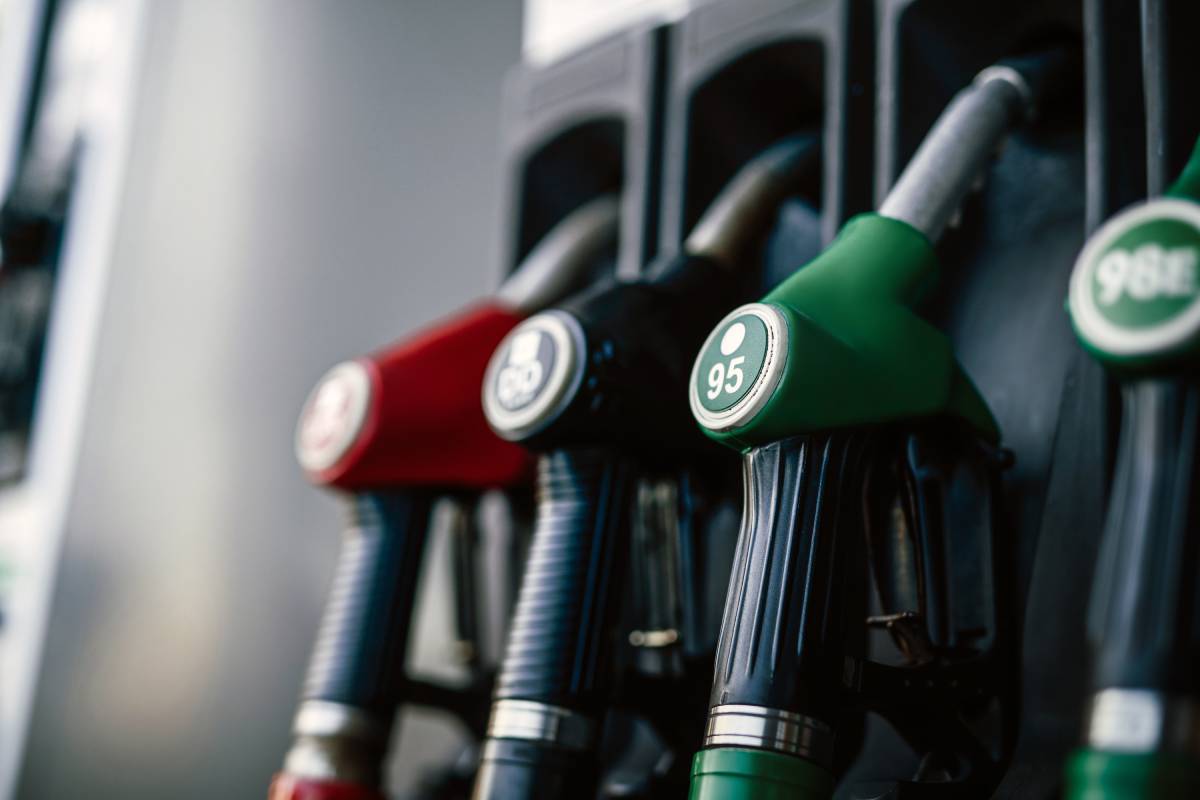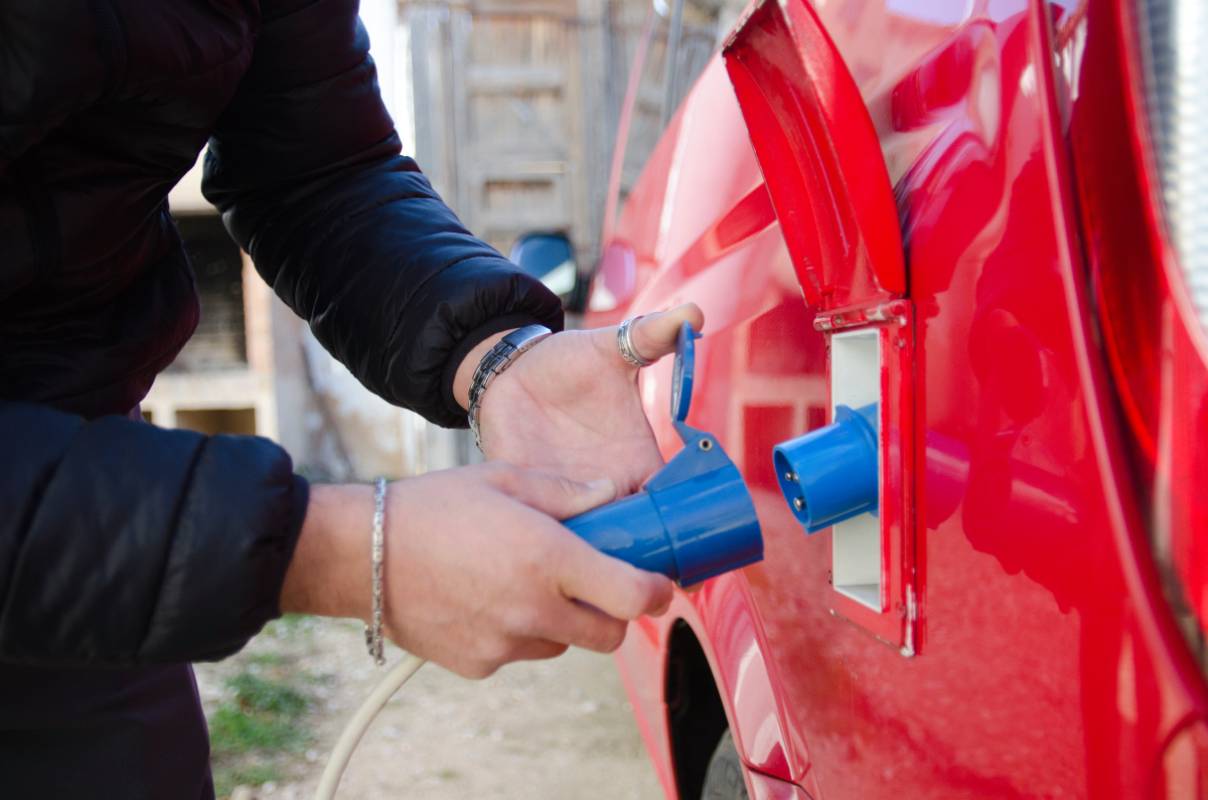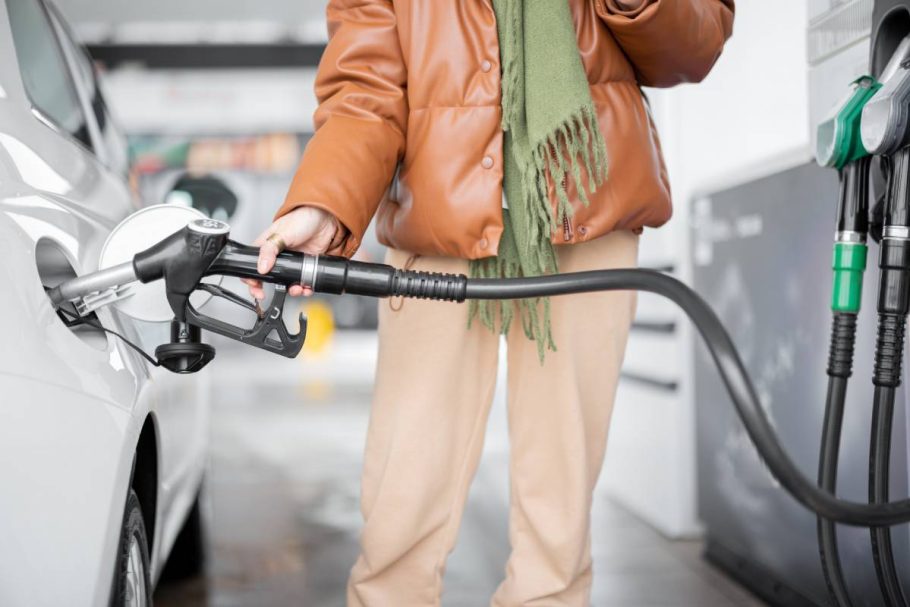Choosing the right petrol is crucial for optimal engine performance and longevity. Understanding the differences between fuel types
The type of petrol you put into your vehicle isn’t just a matter of cost it directly impacts performance, efficiency, and longevity.
With options like 95 and 97 octane gasoline, as well as other specialized fuels, understanding their differences is essential for optimal engine health.
This guide delves into the nuances of petrol types, explains the effects of using the wrong fuel, and provides practical advice to ensure your car runs smoothly and efficiently.
What Is the Difference Between 95 and 97 Gasoline?
Petrol, or gasoline, is classified primarily by its octane rating, but other factors such as additives, ethanol content, and environmental standards also distinguish different types. Below are the most common types, including AdBlue for diesel vehicles
95 Octane Gasoline
Often referred to as “premium” fuel in many regions, 95 octane is widely available and suitable for most modern vehicles.
It provides a good balance of performance and efficiency for cars designed to run on this octane level.
97 Octane Gasoline
Considered “super premium,” 97 octane is formulated for high-performance engines. These engines typically operate at higher compression ratios, requiring fuel with greater knock resistance to function optimally.
This fuel is more refined and often contains additives to enhance engine cleanliness and performance.
While both types of fuel can power many modern vehicles, using 97 octane gasoline in an engine designed for 95 will not always yield noticeable benefits unless the vehicle’s engine management system can adapt to the higher octane.
Conversely, using 95 octane in an engine designed for 97 may lead to reduced performance or potential engine knocking over time.
Understanding the Differences Between Petrol Types

Petrol, or gasoline, is classified primarily by its octane rating, but other factors such as additives, ethanol content, and environmental standards also distinguish different types. Below are the most common types:
Regular Unleaded Petrol
This type has a lower octane rating and is designed for standard engines. It is typically more affordable and widely used for vehicles that do not require high-octane fuel.
Mid-Grade Petrol
Mid grade petrol has a moderate octane level, such as 89 in the U.S. or 95 in many other countries. It is suitable for vehicles that require slightly higher knock resistance but do not demand premium fuel.
Premium Petrol
With a higher octane rating premium petrol is designed for high compression engines, performance cars, and luxury vehicles. It often contains additives to enhance engine longevity and efficiency.
Ethanol-Blended Petrol
Some petrol contains ethanol, a renewable biofuel. Common blends include E10 or E85 . Ethanol blended fuels can reduce emissions but may slightly impact fuel efficiency.
Specialized Performance Fuels
These are high octane fuels used for racing or motorsport applications. They are tailored for extreme performance and are generally not suitable for everyday vehicles.
Understanding the type of petrol your car requires is essential for maintaining its performance and avoiding unnecessary wear and tear.
What Happens If You Put the Wrong Fuel in a Car?

Accidentally filling your car with the wrong fuel type can lead to a range of issues, from minor inconveniences to severe engine damage, depending on the mismatch and the extent of use. Here’s what happens in different scenarios:
Using Lower Octane Fuel Than Required
If your car requires premium petrol and you fill it with regular petrol:
- The engine may experience knocking or pinging due to pre-ignition.
- Performance may drop as the engine cannot operate at optimal efficiency.
- Long-term use can cause damage to engine components, especially in high-performance vehicles.
Modern cars equipped with knock sensors may adjust timing to compensate, but this can reduce power and fuel efficiency.
Using Higher Octane Fuel Than Required
If your car is designed for regular petrol and you fill it with premium:
- There’s generally no immediate harm.
- However, you may not notice any performance improvement unless your engine is specifically tuned to utilize higher octane fuel.
- It could be an unnecessary expense, as premium fuels are more expensive without providing proportional benefits in this case.
Diesel in a Petrol Engine
This is one of the most damaging mistakes:
- Diesel is thicker and less volatile than petrol, preventing proper combustion in a gasoline engine.
- The car may not start, or it could stop running shortly after being fueled.
- Cleaning out the fuel system is necessary and can be costly.
Petrol in a Diesel Engine
Filling a diesel engine with petrol is equally problematic:
- Petrol acts as a solvent, reducing lubrication for diesel engine components, potentially causing severe damage.
- The engine may fail to start or suffer catastrophic damage if run with petrol in the system.
- Draining the fuel tank and cleaning the system is essential.
Ethanol Fuel in Non-Compatible Vehicles
Using ethanol-blended fuel in a vehicle not designed for it can:
- Corrode fuel system components.
- Reduce efficiency and cause engine knocking.
- Lead to issues with starting and running in older cars.
Steps to Take If You Put the Wrong Fuel in Your Car
Do Not Start the Engine
Starting the engine can circulate the wrong fuel, worsening the damage. Turn off the car immediately.
Notify a Professional Contact roadside assistance or a mechanic to safely drain and clean the fuel system.
Drain the Tank
A professional will need to remove the incorrect fuel and flush the system.
Check for Damage
Depending on the type of fuel misused, a thorough inspection of the fuel system and engine components may be necessary.
Conclusion
Understanding the differences between petrol types and using the correct fuel for your vehicle is crucial for maintaining engine performance and longevity.
While higher octane fuels like 97 gasoline can benefit high performance engines, they are unnecessary for vehicles designed for 95 octane.
Conversely, using the wrong fuel type can lead to significant inconvenience or costly repairs. By knowing your car’s fuel requirements and adhering to them, you can ensure smoother operation and avoid preventable mishaps.





